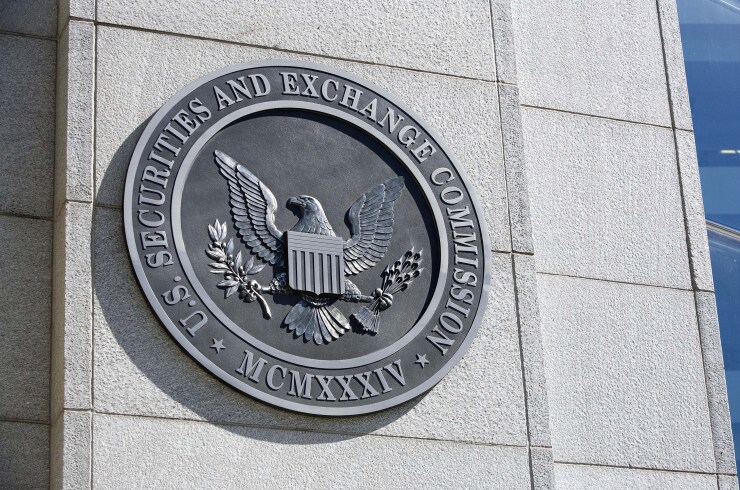The Securities and Exchange Commission is weighing a proposed rule to require publicly traded companies to provide climate-related disclosures. Technically it wouldn't apply to privately held companies, but many of them and their accountants may be drawn into the process, whether they like it or not.
That's because one aspect of the
The idea of requiring them to disclose their Scope 3 emissions from vendors, suppliers and perhaps even customers could affect the smaller private companies that do business with public corporations. Not surprisingly, that aspect of the proposed rule has provoked controversy and the threat of lawsuits. The SEC is expected to scale back the proposal before finalizing it.

Nevertheless, many smaller companies could be drawn into sustainability reporting whether or not the Scope 3 emissions provision ultimately gets included, though few are doing it now.
A recent
"There seems to be a difference between adoption by smaller companies, medium-size companies and the largest global companies," said Shari Littan, director of corporate reporting research and policy at the IMA. "Companies that have the largest resources and are public are probably in a better position than a lot of the smaller companies, which are in fact somewhat bewildered about what all this means for them."
In fact, smaller companies may need to start reporting such information to larger companies if they want to continue to do business with them. "Small-size companies may think that this is not going to affect them, but we are observing movement that will affect them, even if it's not disclosure," said Littan. "If they're supplying to a larger company, those buyers are starting to demand information because it's supply chain information to them."
Larger companies may be demanding not only environmental disclosures from their suppliers, but also information about the diversity of their workforce.
"It's an opportunity for small and medium-sized companies, even if they're private, to say, 'We can deliver not only the product, but we can deliver diversity data, sourcing data, environmental data and carbon footprint,'" said Littan. "That could be a competitive advantage if you're trying to sell."
Public companies that do business across borders are seeing expectations for such information coming from abroad as well, with the International Sustainability Standards Board having proposed standards last year on sustainability and climate disclosures, and the European Financial Reporting Group having set up its own Sustainability Reporting Board. The European Union's Corporate Sustainability Reporting Directive took effect this month, and it mandates that companies report according to European Sustainability Reporting Standards.
The increasing role of sustainability reporting has been attracting attention among the business leaders attending the World Economic Forum this week in Davos, Switzerland, who have complained about the lack of movement on carbon trading markets amid all the uncertainty about which rules and standards will prevail.
"We're now seeing incredible acceleration from voluntary reporting for ESG or sustainable business to mandatory, and the standard-setters are quite active," said Littan. "You have the SEC with their proposed rule, on which they got feedback last year. We have a new exposure draft from the ISSB. We have an enormous number of expected regulations from EFRAG in the EU and other jurisdictions around the world, particularly out of Japan. But as the world moves from voluntary reporting to one of mandatory reporting, that carries regulatory weight and oversight, there's a need for precision, to be very careful about what we're putting out there, making sure that we achieve our goals."
The IMA is in the process of compiling guidance as a member of the Committee of Sponsoring Organizations of the Treadway Commission on the use of COSO's internal controls framework for ESG reporting. The IMA plans to issue the report in late March.
"We've looked at the COSO framework in its totality because the goal is to enhance information," said Littan. "That's one of the goals of internal controls, but in order to do that, you think of the company systemwide and that is what sustainable business is all about."





